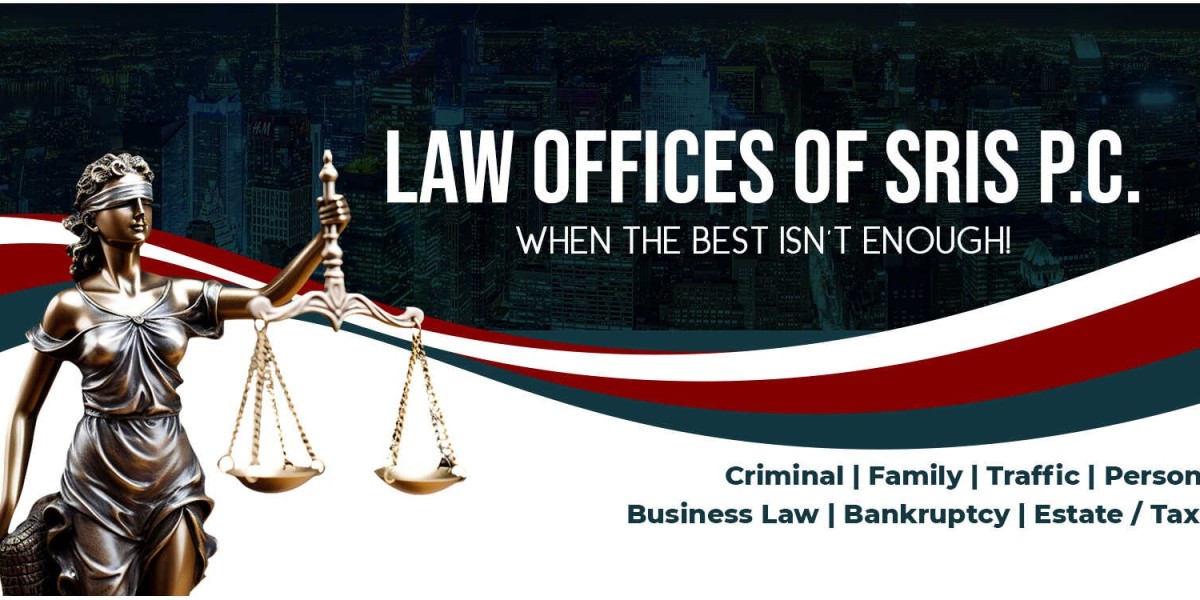If you are struggling with overwhelming debt, you may be considering filing for Chapter 7 bankruptcy. Chapter 7 bankruptcy is a legal process that can help you eliminate most of your debts and get a fresh financial start. However, it is important to understand the process and to work with a qualified Chapter 7 bankruptcy attorney to ensure that your case is handled properly.
What is Chapter 7 bankruptcy?
Chapter 7 bankruptcy is a type of bankruptcy that allows you to discharge most of your debts. When you file for Chapter 7 bankruptcy, your assets will be liquidated and the proceeds will be used to pay your creditors. However, you may be able to keep certain exempt assets, such as your home, car, and personal belongings.
Who is eligible for Chapter 7 bankruptcy?
To be eligible for Chapter 7 bankruptcy, you must pass a means test. The means test is a financial analysis that determines whether you have enough income to repay your debts through a Chapter 13 bankruptcy plan. If you do not qualify for Chapter 13 bankruptcy, you may be eligible for Chapter 7 bankruptcy.
What are the benefits of filing for Chapter 7 bankruptcy?
There are many benefits to filing for Chapter 7 bankruptcy, including:
- Debt relief: Chapter 7 bankruptcy can help you eliminate most of your debts, including credit card debt, medical debt, and personal loans.
- Stop creditor harassment: Once you file for Chapter 7 bankruptcy, an automatic stay will go into effect. This means that your creditors cannot contact you or try to collect your debts.
- Protect your assets: Chapter 7 bankruptcy can help you protect certain exempt assets, such as your home, car, and personal belongings.
What are the drawbacks of filing for Chapter 7 bankruptcy?
There are also some drawbacks to filing for Chapter 7 bankruptcy, including:
- Impact on your credit score: Filing for Chapter 7 bankruptcy will have a negative impact on your credit score. It will stay on your credit report for up to 10 years.
- Loss of nonexempt assets: If you have any nonexempt assets, such as a luxury car or investment property, you may lose them in Chapter 7 bankruptcy.
- Difficulty obtaining credit in the future: It may be difficult to obtain credit in the future after filing for Chapter 7 bankruptcy.
How to find a Chapter 7 bankruptcy attorney
If you are considering filing for Chapter 7 bankruptcy, it is important to find a qualified attorney. A Chapter 7 bankruptcy attorney can help you understand the process, prepare your paperwork, and represent you in court.
When looking for a Chapter 7 bankruptcy attorney, you should consider the following factors:
- Experience: Choose an attorney with experience in Chapter 7 bankruptcy cases.
- Reputation: Ask for recommendations from friends, family, or other professionals.
- Fees: Be sure to ask about the attorney's fees upfront.
Conclusion
Filing for Chapter 7 bankruptcy can be a life-changing decision. It is important to understand the benefits and drawbacks of bankruptcy before making a decision. If you are considering filing for Chapter 7 bankruptcy, be sure to work with a qualified attorney to ensure that your case is handled properly.








